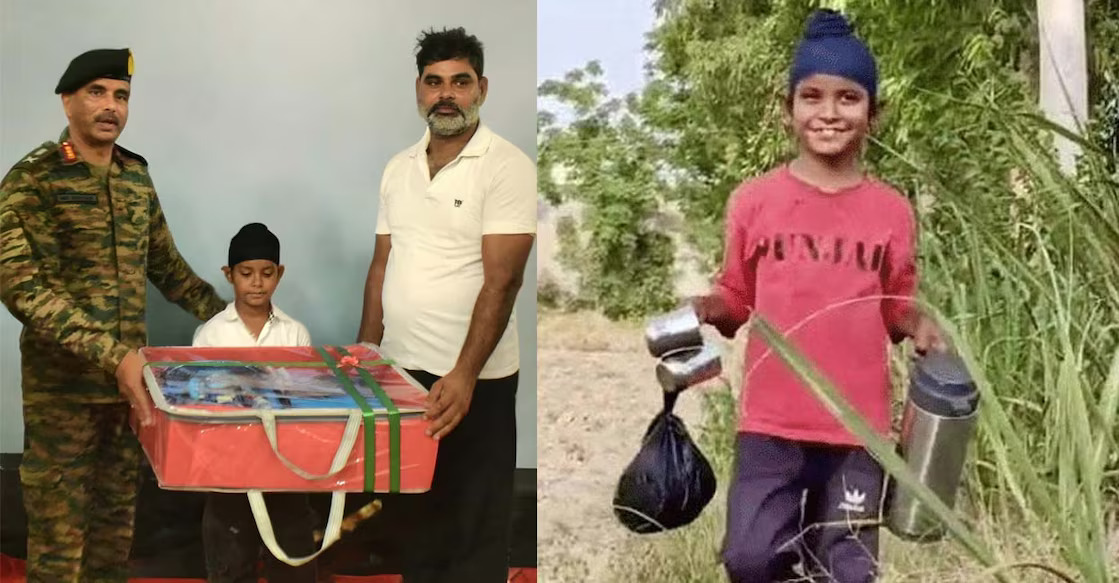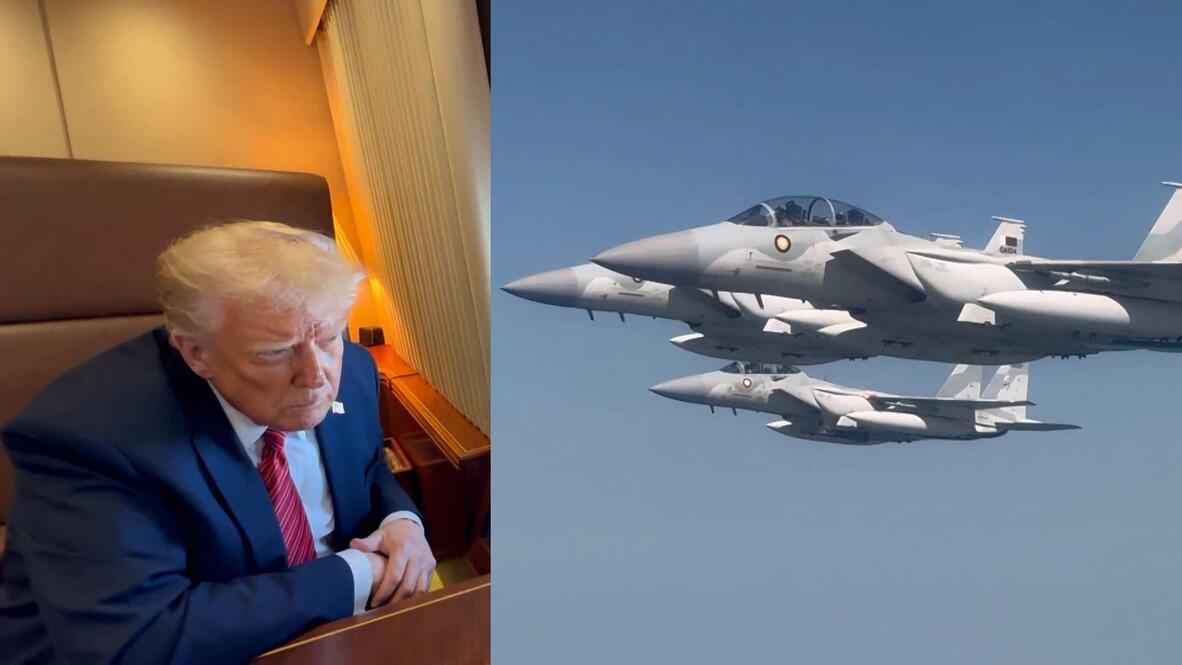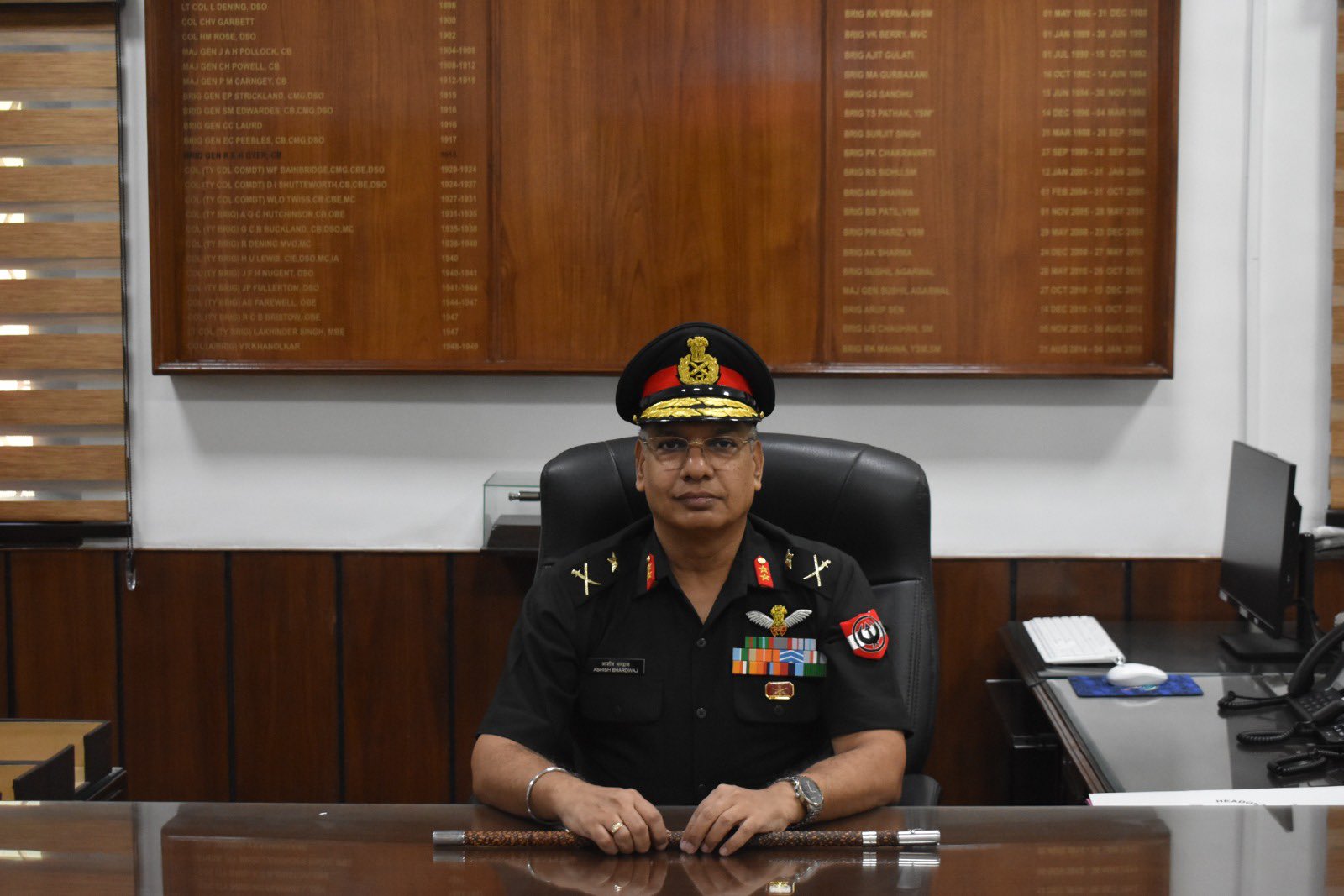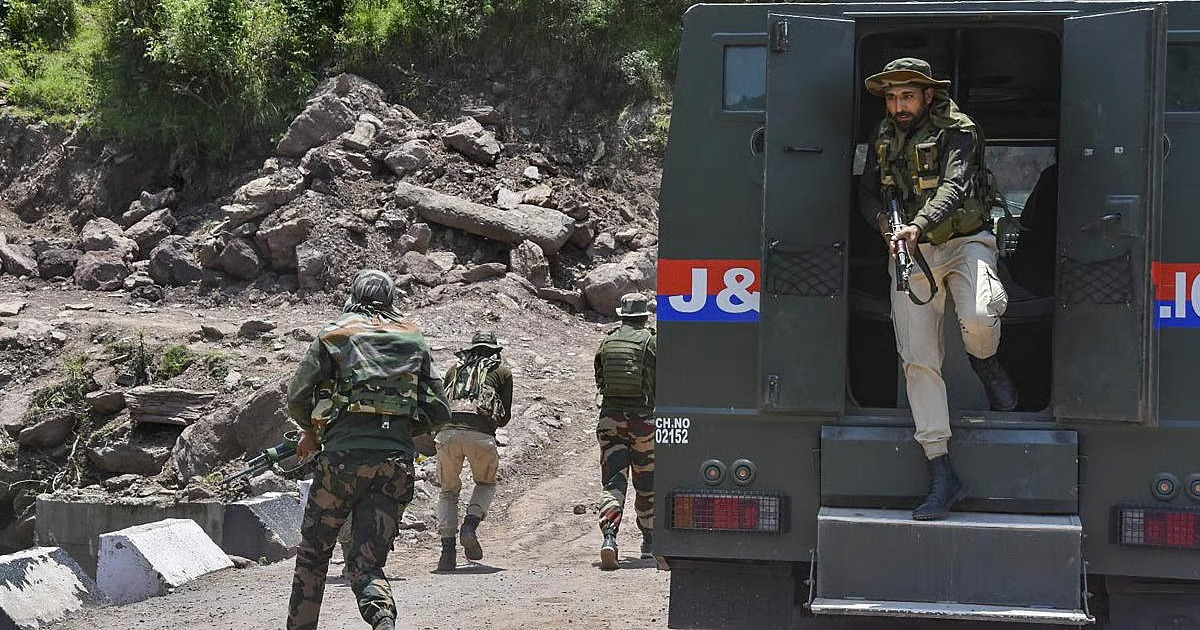2006 Mumbai Train Blasts: Bombay High Court Acquits All 12 Convicts, Including 5 on Death Row
The Bombay High Court on Monday acquitted all 12 individuals convicted in the 2006 Mumbai train blasts case. Among them…
Army Sponsors Education of 10-Year-Old Who Aided Soldiers During Operation Sindoor
In a heartwarming display of recognition and encouragement, the Indian Army’s Golden Arrow Division has pledged to fully sponsor the…
India vs Pakistan WCL 2025 Match Called Off After Indian Legends Withdraw Over Pahalgam Attack
The India vs Pakistan match in the ongoing World Championship of Legends (WCL) 2025 has been officially cancelled after several…
Trump Claims 5 Fighter Jets Were Shot Down During India-Pakistan Clashes
Former US President Donald Trump has stirred controversy after claiming that five fighter jets were shot down during the India-Pakistan…
Major General Ashish Bhardwaj Assumes Command of 91 Sub Area in Jalandhar
Major General Ashish Bhardwaj has taken charge as the General Officer Commanding (GOC) of the 91 Sub Area in Jalandhar,…
Op Cherji: Encounter Erupts in Kishtwar as Security Forces Track Terrorists Behind Past Attacks
An intense encounter broke out in the Hadal Gal area of Kishtwar on Sunday as part of "Operation Cherji," launched…






